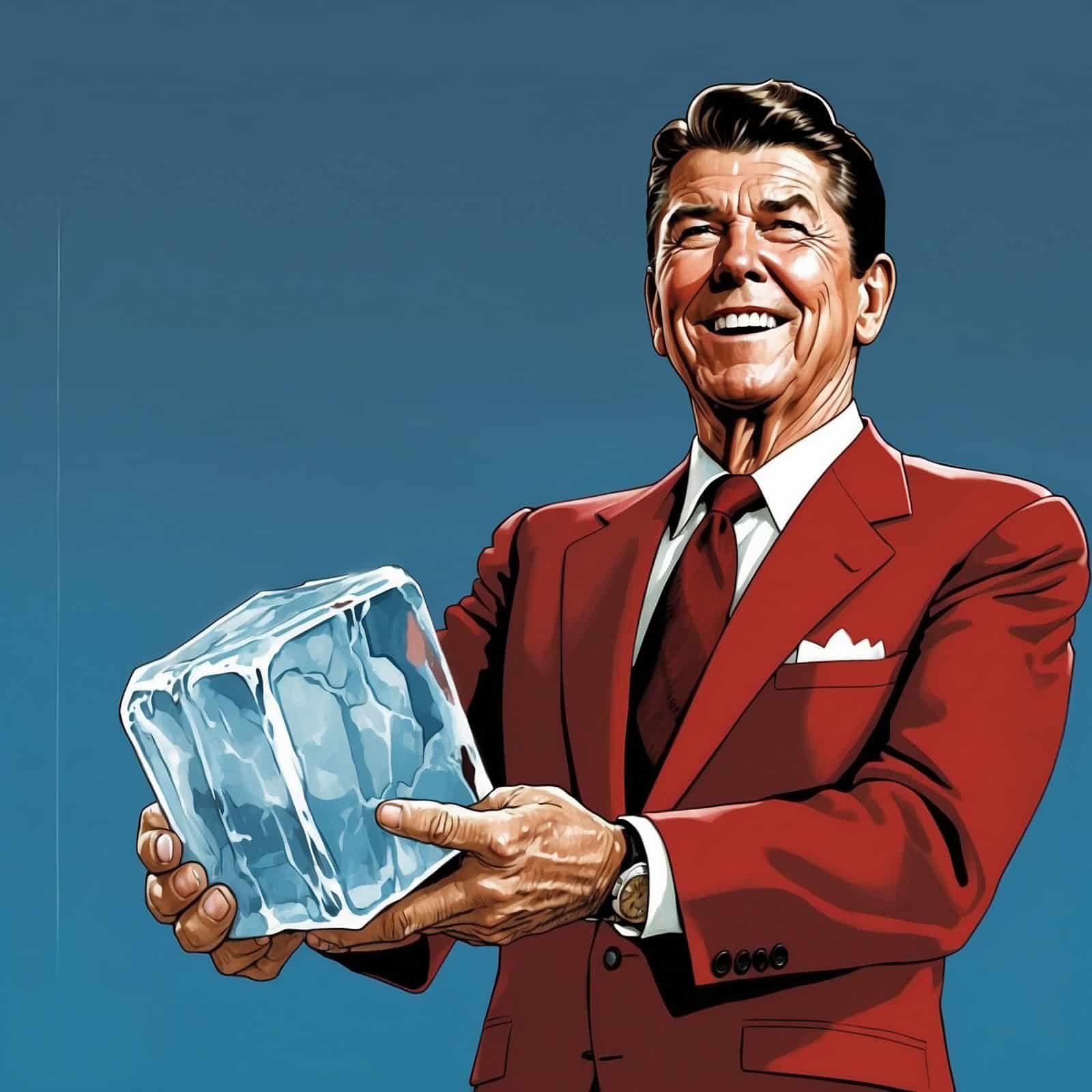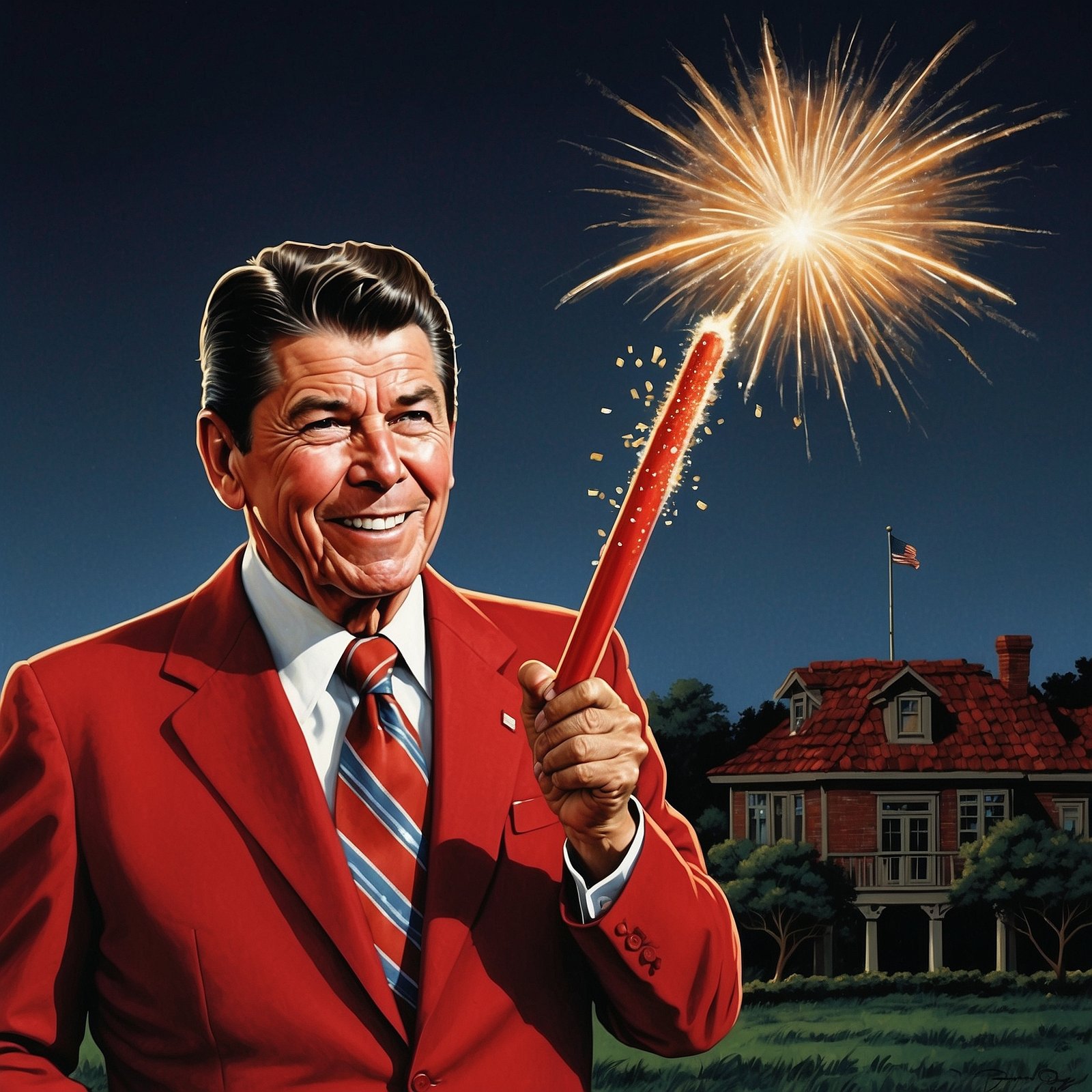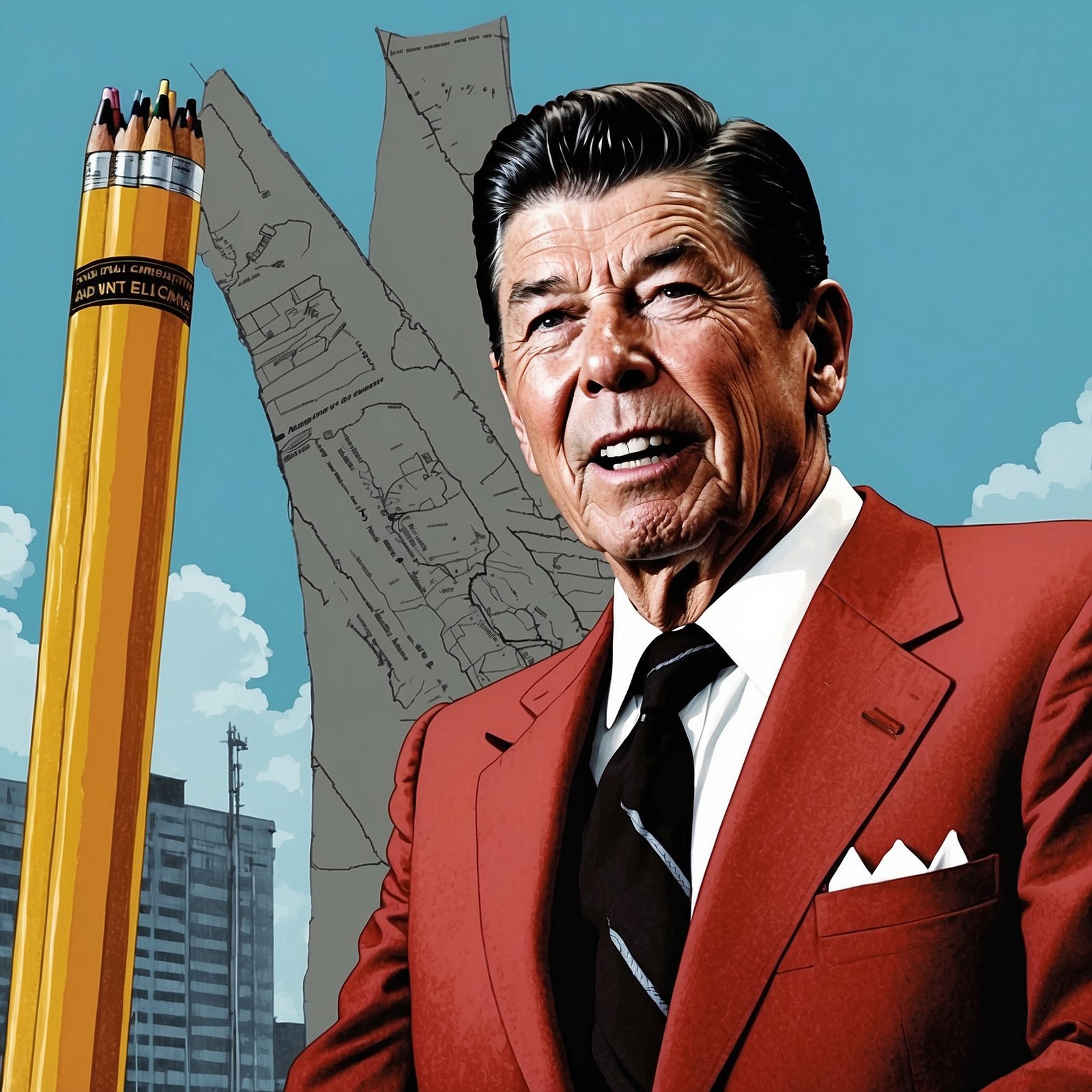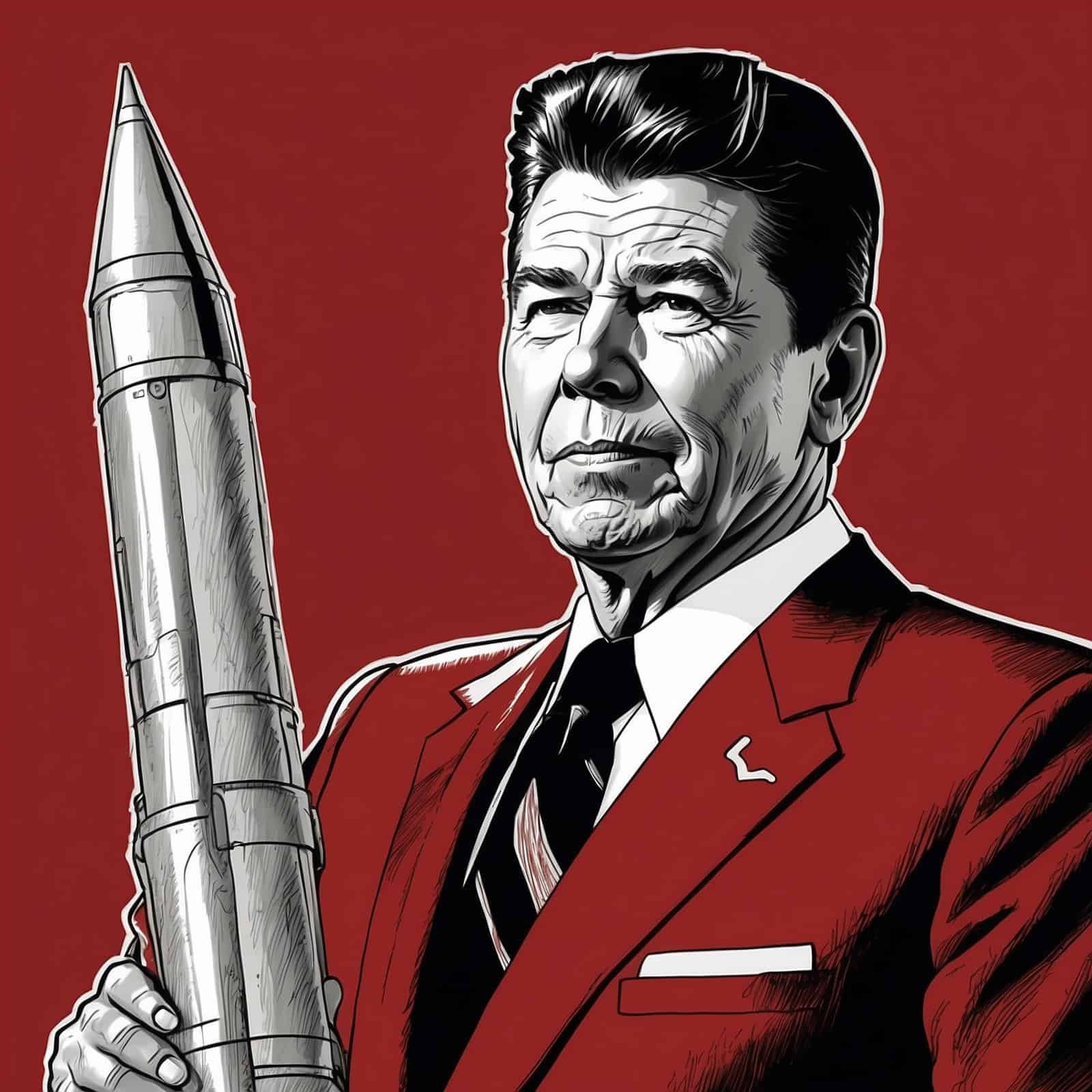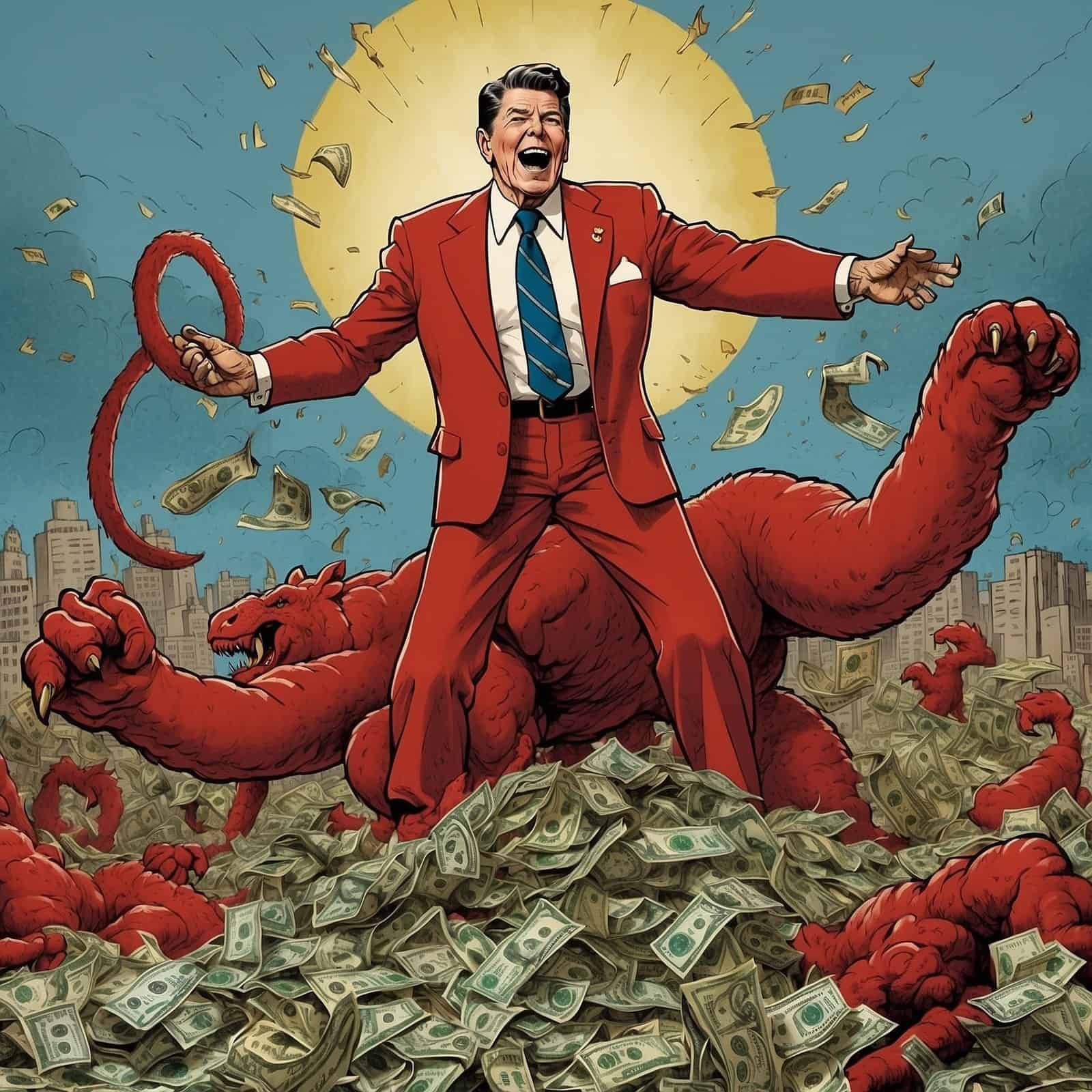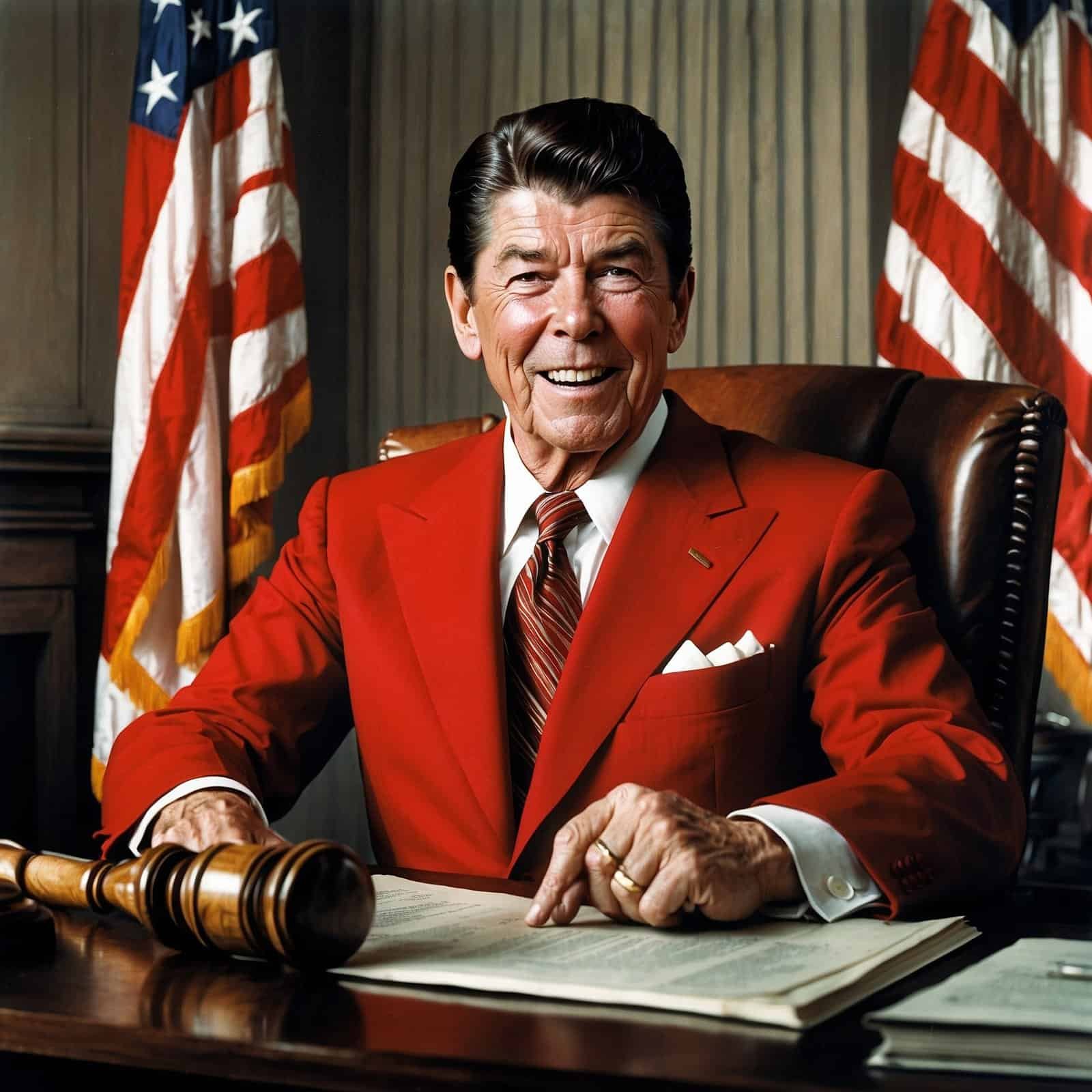Ronald Reagan knew how to play the political game better than anyone. He wasn’t just a president; he was an enigmatic statesman who could tame the wildest political storms with his soothing voice and charismatic smile. But let’s not kid ourselves; Reagan wasn’t all charm and charisma. He was a master strategist. Case in point: U.S.-South Korea relations.
Back in the 1980s, Reagan didn’t just shake hands and take pictures. No sir. He rolled up his sleeves and got down to some good old-fashioned diplomacy. And guess what? He succeeded. He turned a wobbly alliance with South Korea into a rock-solid partnership that has stood the test of time.
Reagan’s Strategy for Strengthening U.S.-South Korea Relations
What made Reagan so good at improving relations with South Korea? It wasn’t just his Hollywood background, though that certainly didn’t hurt. Reagan had a knack for understanding the core conservative values that both nations shared: strong national defense, economic freedom, and the emphasis on individual responsibility.
Prioritizing National Defense
Reagan’s foreign policy focused on a strong national defense. This wasn’t just talk; the man put his money where his mouth was. The Reagan administration increased military support, making sure South Korea had the tools to defend itself against threats from their unfriendly northern neighbors. And let’s be honest, nothing says “I’ve got your back” like a nice supply of cutting-edge military equipment.
Reagan’s Approach vs. Liberal Approach
| Reagan’s Approach | Liberal Approach |
|---|---|
| Strong military support | Focus on peace talks |
| Clear protection of national interests | Emphasis on diplomacy |
| Actions speak louder than words | Reliance on negotiations |
Let’s contrast that with the liberal approach. They’d tell you diplomacy is a feel-good music festival featuring kumbaya moments and peace talks. But let’s face it, strength talks louder than pretty words. Reagan’s decisiveness made it clear that protecting national interests wasn’t up for negotiation.
Championing Economic Freedom
Another core conservative value Reagan championed was economic freedom. In a world where liberals often preach about wealth redistribution as if it’s the magic potion for economic equality, Reagan knew better. He emphasized free-market capitalism. Lower taxes, deregulation, and encouraging entrepreneurship — these were his bread and butter.
With South Korea, Reagan promoted economic policies that echoed his domestic agenda. By prioritizing economic growth and market freedom, both the U.S. and South Korea saw their economies thrive. This wasn’t just a happy accident; it was a well-thought-out strategy that paid off handsomely.
Strengthening Military Ties
Reagan also ensured that our shared military exercises and strategic initiatives became standard practice. There’s nothing like a good military drill to bring countries closer. The mutual trust and coordination built during these exercises created a foundation so strong you could park a tank on it.
Adding a Touch of Diplomatic Flair
Let’s not forget the symbolic gestures. Reagan wasn’t above showing a little diplomatic flair. He hosted South Korean leaders at the White House, attended state dinners, and generally made South Korea feel like family. And let’s be real, a little bit of Reagan charm went a long way. You could just see North Korea shaking in its boots every time Reagan and South Korean leaders put on a united front.
The Conservative Approach to International Relations
Reagan’s efforts also stand in stark contrast to the Big Government approach often favored by progressives. While liberals are busy figuring out new ways to spend taxpayer dollars and expand government reach, Reagan understood that strong international relations are built on respect and mutual benefits, not dependency and handouts.
Summing It Up
In summary, Reagan’s approach to strengthening U.S.-South Korea relations was a masterclass in conservative values at work. He balanced the scales of military might and economic freedom, made everyone feel part of the team, and ensured that the alliance wasn’t just based on pomp and pageantry but solid, strategic interests. It’s a lesson worth remembering every time you hear someone advocate for a softer, more diplomatic approach. Sometimes, it pays to be strong — just ask Ronald Reagan.
So next time anyone questions the value of conservative principles in foreign relations, just point them to Reagan’s legacy. From military alliances to economic partnerships, he showed us how it’s done. Now, if only we could bottle that Reagan magic, the world would be a much better place.
Table of Contents
- Reagan’s Strategy for Strengthening U.S.-South Korea Relations
- Prioritizing National Defense
- Championing Economic Freedom
- Strengthening Military Ties
- Adding a Touch of Diplomatic Flair
- The Conservative Approach to International Relations
- Summing It Up

